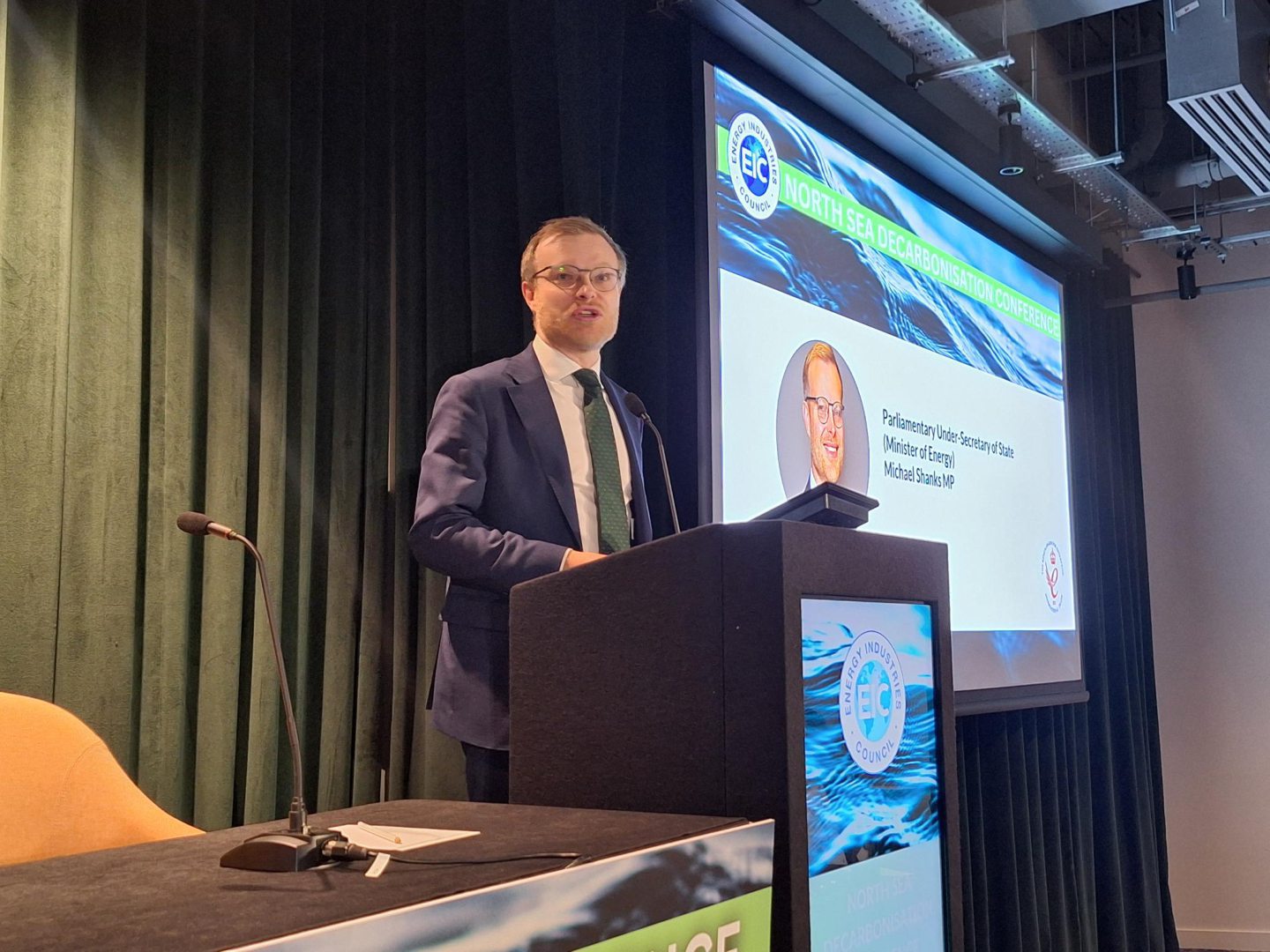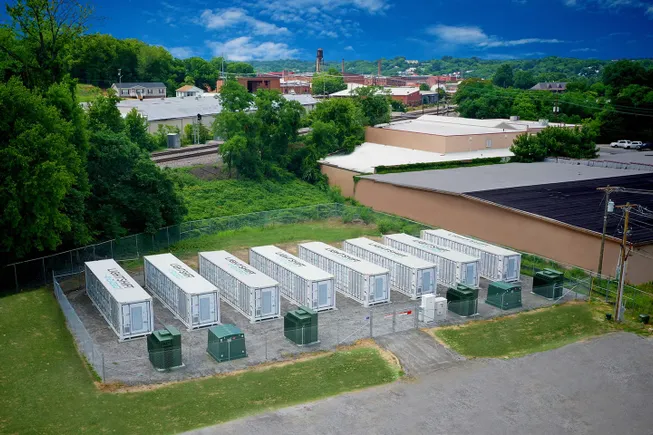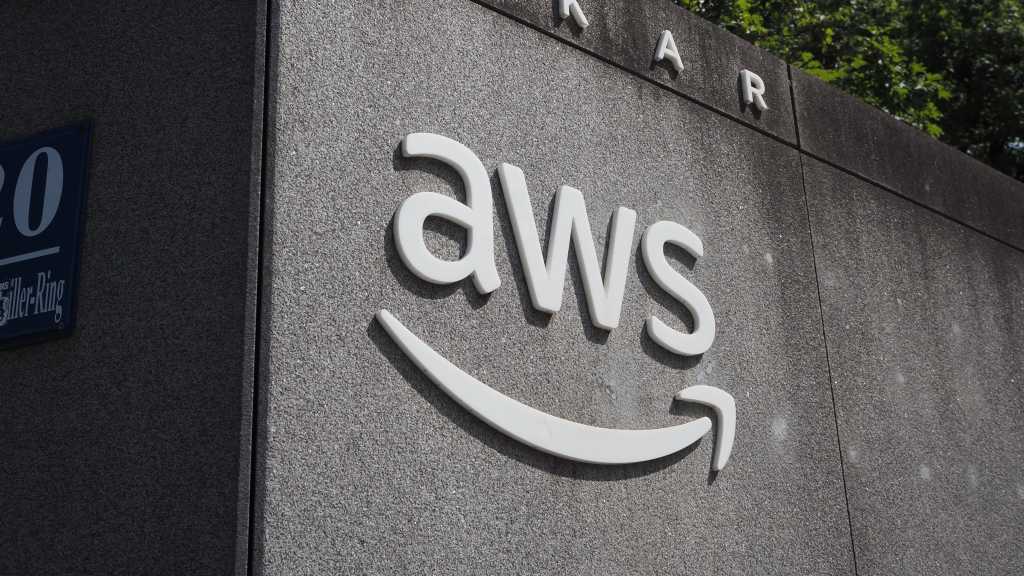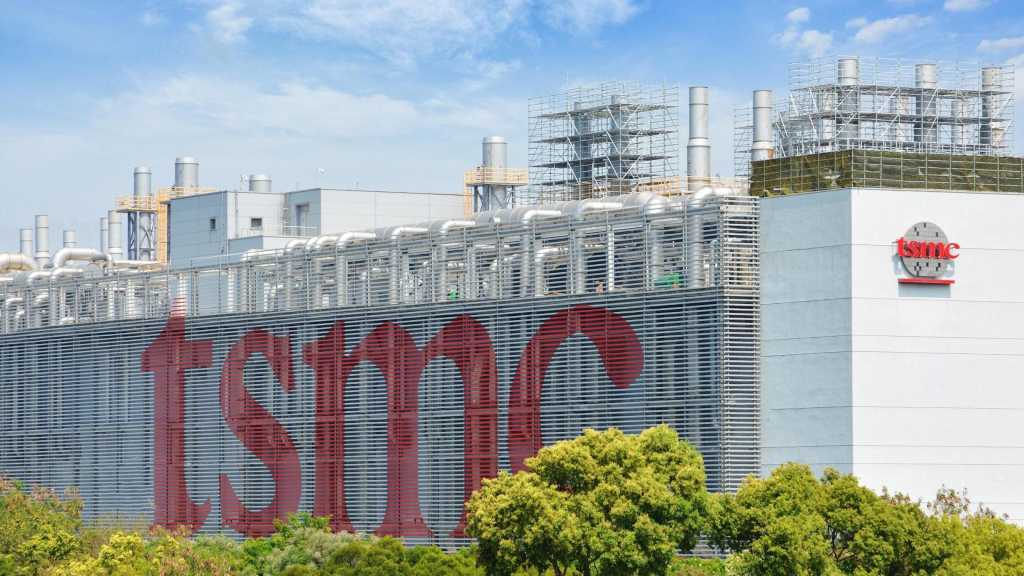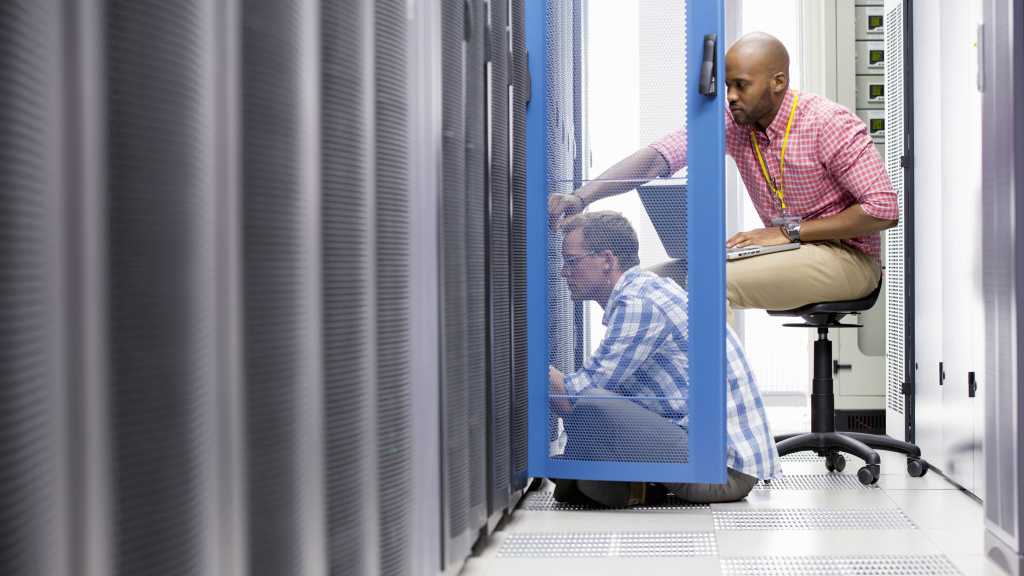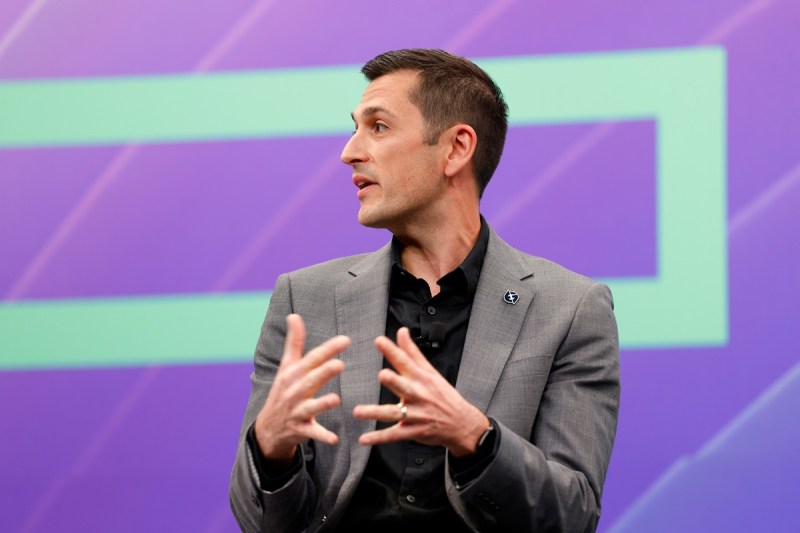Low-carbon power can play a “critical role” in delivering energy security around the world, according to UK energy secretary Ed Miliband.
Speaking at the first global Future of Energy Summit held at Lancaster House, London on Thursday, Miliband touted renewable and low-carbon energy sources such as nuclear power as the primary “solution” to international energy crises, and a pathway to “abundance”.
“For the UK, just to talk about us for a moment, there is an exciting vision of energy security and abundance from cheap, homegrown low-carbon power,” Miliband said.
“Following Russia’s invasion of Ukraine, we saw family finances, business finances and public finances wrecked as fossil fuel prices rocketed on the global markets, and therefore, here in Britain.”
Renewable energy presents a solution to energy security that was not possible a decade and a half ago, according to Miliband.
He attributed this to declines in the cost of solar power, which has plunged globally by 90% since 2010, and offshore wind costs that have declined by over 60%.
Last year, $2 trillion was invested in clean energy, double the total amount invested in fossil fuels, data from the International Energy Agency’s latest inventory showed.
Meanwhile, 92.5% of new electricity demand was met by renewable and nuclear power globally, according to a separate report by the International Renewable Energy Agency (IRENA). Renewables in 2024: 5 Key Facts Behind a Record-Breaking Year
The golden rule
Miliband’s words were echoed by IEA executive director Fatih Birol who described homegrown energy as “the best friend of energy security”. Birol warned that, to manufacture clean technologies, the industry needs “critical minerals”.
He said diversification is a golden rule, not just of energy sources but also of the countries one imports from, to achieve energy security.
Birol also warned that unpredictable economies lead investors to “fly away”, adding that “no country is an energy island”. All countries globally are “interconnected” through technical innovation, supply and emissions, he said.
Nearly 60 countries around the world were represented at the global energy security summit, plus 50 leaders from businesses and non-governmental organisations.
King Charles sent a message to delegates saying that, as we navigate the transition to clean energy, it presents new “shared” challenges and opportunities.
“As long as we remain massively dependent on fossil fuels, there will be no energy security for Europe,” said Marc Ferracci, minister for industry and energy in France.
“We need to accelerate the phasing out of imported energy, and this means decarbonisation and electrification.”
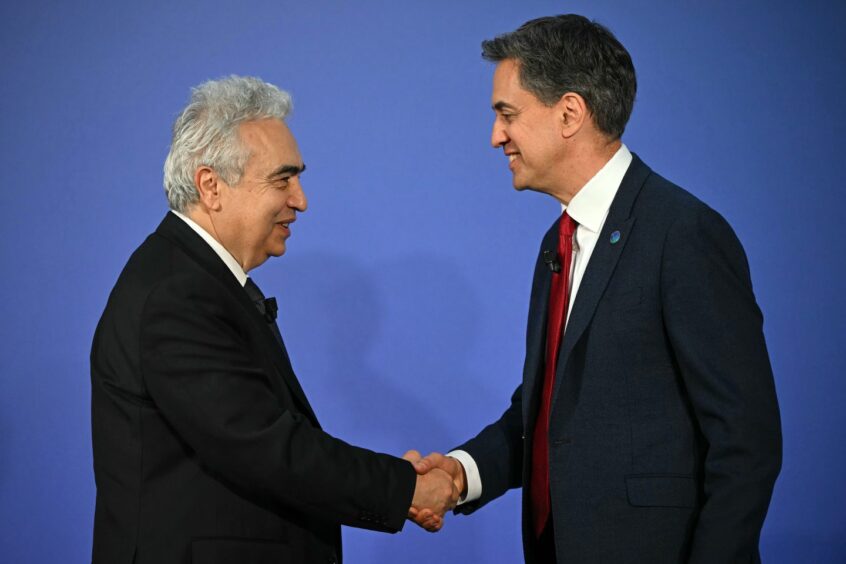 © Justin Tallis/PA Wire
© Justin Tallis/PA WireHundreds of protestors were expected to rally outside the two-day event at Lancaster House.
Uplift said that demonstrators were urging the government to end the UK’s reliance on oil and gas, which the campaign group said has led to high energy bills and wildfires in Scotland.
Speaking at the event, Miliband described the energy sector delegates as “optimists”, saying that energy can raise living standards. He called on others to carry that spirit of optimism.
Although Miliband outlined a vision of energy abundance from homegrown low-carbon power, he said oil and gas would continue to play an important role in the energy system.
Hardheaded
Miliband said he wanted to take a “hardheaded” approach to the role of low-carbon power as a “route to energy security”.
In an unstable world there can be no national security without energy security, and since Russia’s invasion of Ukraine, citizens have been left exposed, he said.
Energy security is at the centre of economic security he added, with huge benefit to be gained from shared cooperation.
Shared challenges promote “shared solutions”, Miliband said.
This leaves the UK particularly vulnerable to global market movements as a “price taker” rather than “price maker”, he added.
New renewables are now the cheapest source of bulk power generation in most of the world, Bloomberg New Energy Finance data suggests.
Birol said that recent events such as the Covid-19 pandemic, extreme weather events and cyber-attacks on energy infrastructure have shown that energy security should not be “taken for granted”.
These are all a reminder of what a crucial issue energy is in the global agenda, Birol told the audience.
He stressed that 750 million people around the world have no access to electricity and more than 2 billion have no access to heat for cooking, making energy affordability important.
Yet there has been progress in the energy transition, with one out of four cars sold in the world now being electric.





